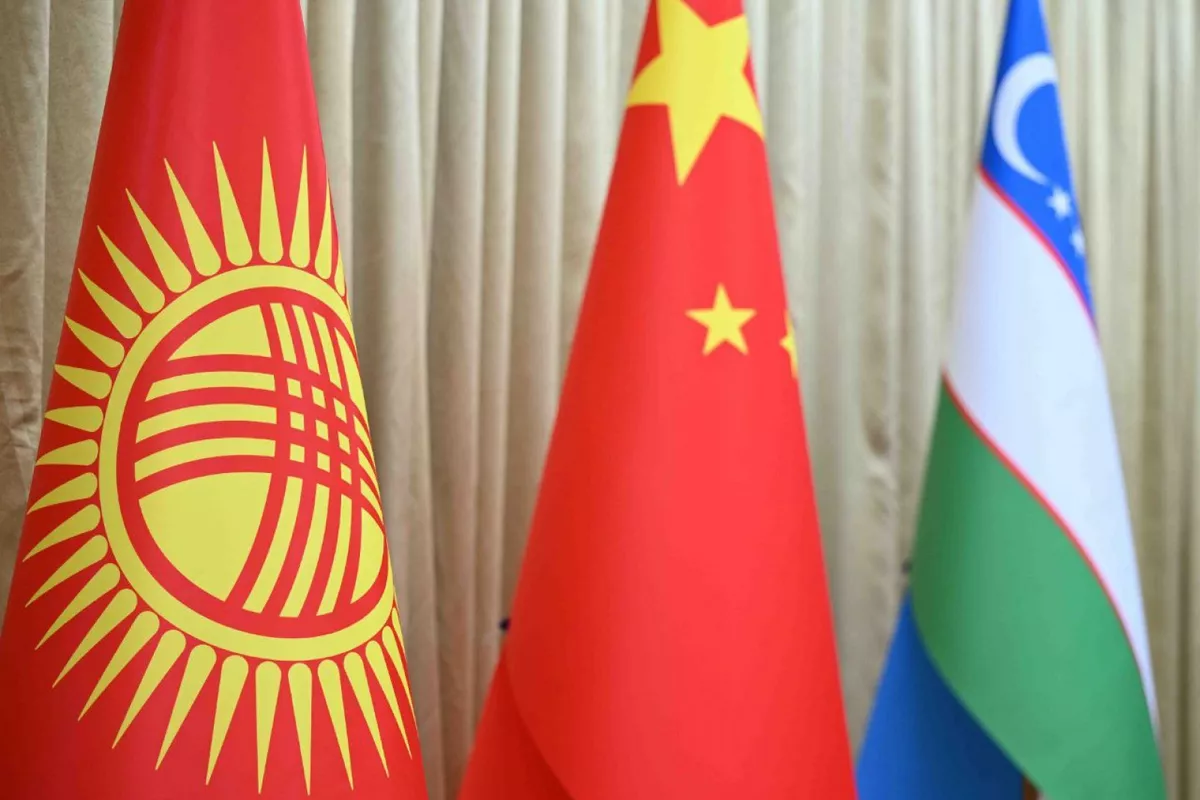
The construction of the China-Kyrgyzstan-Uzbekistan railway-considered one of Central Asia’s most important infrastructure initiatives-is progressing according to plan.
Kyrgyzstan’s Minister of Transport and Communications, Absattar Syrgabayev, announced that the project is expected to be fully completed within the next five years, The Caspian Post reports, citing Kun.uz.
Syrgabayev said that under the agreement, the project will be jointly financed by China, Kyrgyzstan, and Uzbekistan. The main contractor has been identified as China Railways, a leading Chinese state-owned construction company.
Construction of the railway began in July 2024, following the signing of the key intergovernmental document by the three countries earlier that summer. The new line will connect China’s western regions with Uzbekistan through Kyrgyzstan and will become one of the core routes of the Belt and Road Initiative.
The total length of the railway is about 450 kilometers, with estimated costs ranging between $5 billion and $6 billion. While the exact share of each country’s contribution has not been disclosed, officials said the financing involves funds from the three governments as well as international financial institutions.
During his visit to Tashkent for the CASSA+ meeting and the Central Asian transport ministers’ conference on November 12, Syrgabayev confirmed that construction is progressing steadily.
“Work on the project has already started. The main contractor - China Railways - has been determined, and construction is currently being led by the Chinese side. All financing issues have been settled. Kyrgyzstan has already fulfilled its funding obligations, and both Uzbekistan and China are also financing their respective shares. Construction is proceeding according to schedule,” he said.
When asked about the timeline, the minister replied, “The project will be completed in five years.”
The China-Kyrgyzstan-Uzbekistan railway is expected to shorten the freight route from China to Uzbekistan, Iran, Turkey, and Europe by about 900 kilometers and reduce delivery times by 7-8 days. It will also help reduce Central Asia’s dependence on Russian transit routes and strengthen Uzbekistan’s role as a key international logistics hub.
Share on social media

